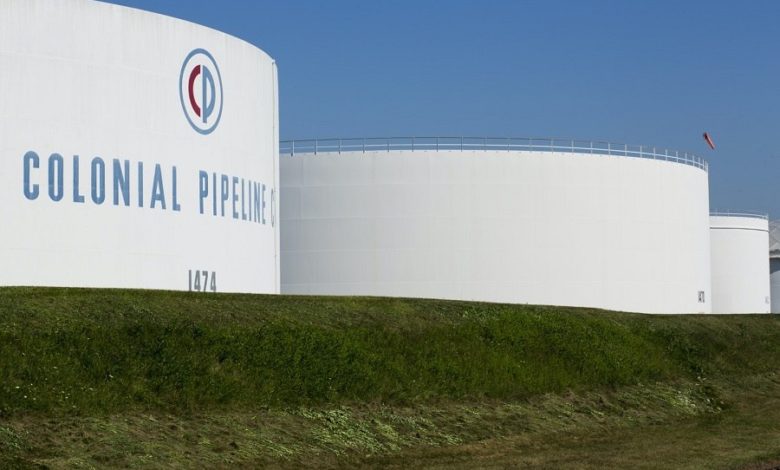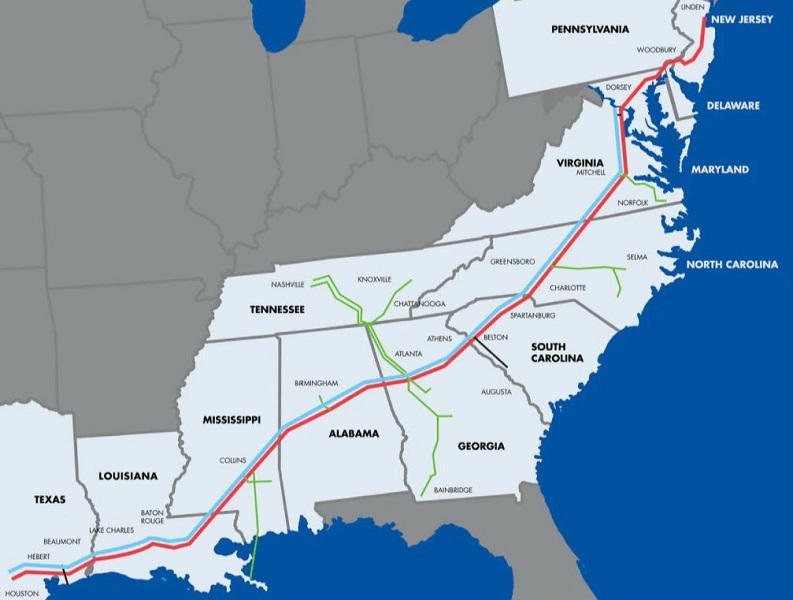MR tankers likely to gain from US pipeline cyber attack

Product tanker owners are set to gain from a cyber attack on one of the US’s largest pipelines.
The Colonial Pipeline was forced to go offline on Friday, as the company was hit with a ransomware attack.
The pipeline transports more than 100m gallons of gasoline and other fuel daily from Houston to New York harbour.
Gasoline prices are expected to shoot up when the US markets open for trading today.
Some suppliers are believed to be securing tankers to temporarily store gasoline in the US Gulf in the event of a prolonged shutdown of the pipeline.
The Colonial Pipeline transports about 45% of all fuel consumed on the US east coast
Shipping analysts at Jefferies suggested the cyber attack was reminiscent of the Colonial Pipeline explosion and outage in October 2016.
“We expect MR tanker rates, especially from Europe to the US (TC2), to increase substantially,” a note from Jefferies observed, adding that other winners will be Jones Act operators shipping cargoes from the US Gulf to the East Coast.
“The closure to the Colonial Pipeline mainlines may open for more imports of refined products to the USEC, primarily for gasoline on improved arbitrage differentials. That will set in motion westbound trade for gasoline from the European Continent, accelerating the front-haul trade, only weeks before the US driving season officially kicks in on Memorial Day on May 31,” brokers Lorentzen & Stemoco observed in a note to clients today.
A Russian criminal organisation named DarkSide is believed to be behind the ransomware.
Colonial Pipeline has said it is working to restore operations, however has given no timeline for a restart.
“While our mainlines remain offline, some smaller lateral lines between terminals and delivery points are now operational. We are in the process of restoring service to other laterals and will bring our full system back online only when we believe it is safe to do so, and in full compliance with the approval of all federal regulations,” the company said in a statement.
Colonial transports about 45% of all fuel consumed on the east coast via a two-line pipeline system that spans more than 8,850 km. One line delivers gasoline and another focuses on diesel and jet fuel.

